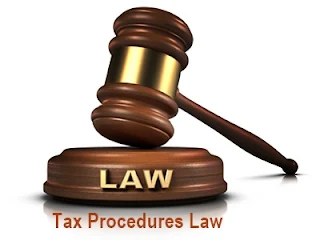The Federal Tax Authority, FTA, has announced that it will open online registration for excise tax for businesses on September 17, providing an integrated system to serve the business sectors as per the highest international standards.This marks a major step underlining the UAE’s leading position in the application of a world-class tax system.
The 24/7 registration will be via FTA's website, which provides businesses and consumers with a wealth of information on the upcoming introduction of an excise tax, due on 1st October.
The FTA website, www.tax.gov.ae, includes information about the Authority itself, as well as an introduction to the different types of indirect taxes in the country, the legislation regulating them, and the objectives and benefits of the UAE economy.
The UAE last month published the law on excise taxes relating to tobacco as well as energy and fizzy drinks, ahead of the introduction of the new tariffs.
The law will impose an excise tariff of 100 per cent on tobacco and energy drinks and 50 per cent on sugary drinks. The FTA estimates that around 250 companies in the UAE will be impacted by the excise tax.
The UAE is expected to be the second country in the Arabian Gulf to introduce excise taxes after Saudi Arabia began implementing the tax at the same rates in June this year.
Legislation relating to the introduction of VAT at 5 per cent in the UAE has recently been published. Implementing regulations, which will provide more detail on taxable goods, are due before the end of the year.
The introduction of VAT and excise taxes are expected to boost the inflation rate by a one-off 1.4 per cent, Khalid Al Bustani, the FTA’s director general, said last month.
The International Monetary Fund meanwhile expects the introduction of VAT across the GCC to boost the region's GDP by about 1.5 per cent.


